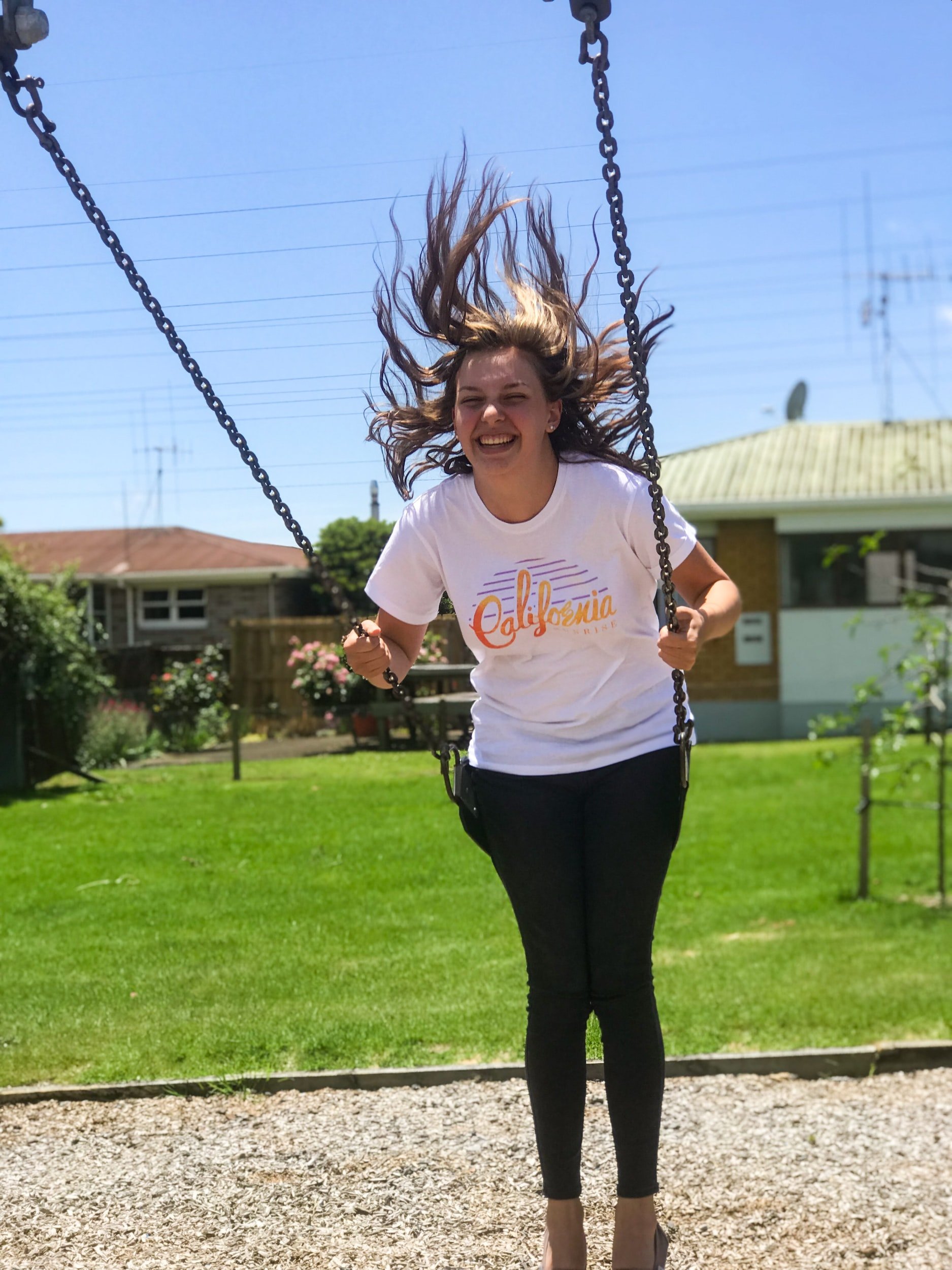Wondering how to give back?
It’s not just the big charities and philanthropists that support NH Budgeting.
Each session is funded by dollars, donated by individuals and organisations.
To make a donation that suits your budget, click below.
Or get in touch by email to discuss a regular payment or larger contribution on behalf of your organisation.
Donate and get a 33% tax rebate on your donation!
Other ways to make a difference?
Donate your old clothes and furniture to opportunity shops.
By providing low cost, high quality furniture and clothing options, you are helping both the environment by reducing waste, and people who are managing on a lower budget to still live comfortably.
Contribute money to food banks. Not cans.
The majority of food banks have discounted wholesale arrangements with suppliers like supermarkets. Providing the food bank directly with dollar donations is more efficient than paying retail price for a long-life food item to donate.
Talk about finance and share your financial literacy skills.
Growing the community’s awareness and skill when it comes to borrowing, budgeting and spending helps us all. If we leave financial literacy to the banks and advertisers, people are left vulnerable to being sold another product, instead of saving on their own.
Host or participate in a free activity just for the community, such as a potluck, Zumba class, or tree planting.
Embracing free ways to spend time dissociates happiness from spending. The happier the community is (for free) the less money and debt will be incurred in the pursuit of happiness through retail.




And this one might sound funny - but we encourage those who are struggling with their finances not to donate.
Multiple studies show that people who are less financially secure are more likely to donate to charitable causes.
— Key takeaway from Paul Piff, a psychology researcher at the University of California, Berkeley, who has overseen and conducted several studies in the field.
After rent, utilities and food, tobacco and alcohol are the next largest spending categories globally.
— Study from the US National Library of Medicine
Drink or smoke? Do all you can to cut down on these activities. Neither has any health benefits, but both are socially contagious in that they encourage others to take up and increase their own drinking and smoking habits.
Why does this matter? Because after the essentials, tobacco and alcohol make up the largest portion of the average person’s consumables budget, costing more than education and fitness over time.





